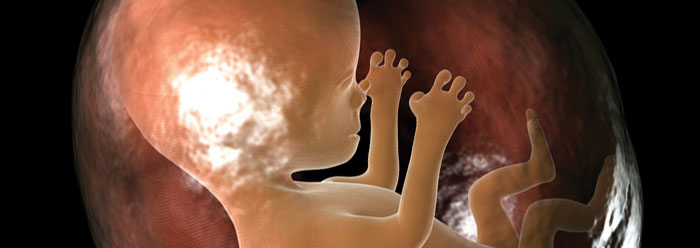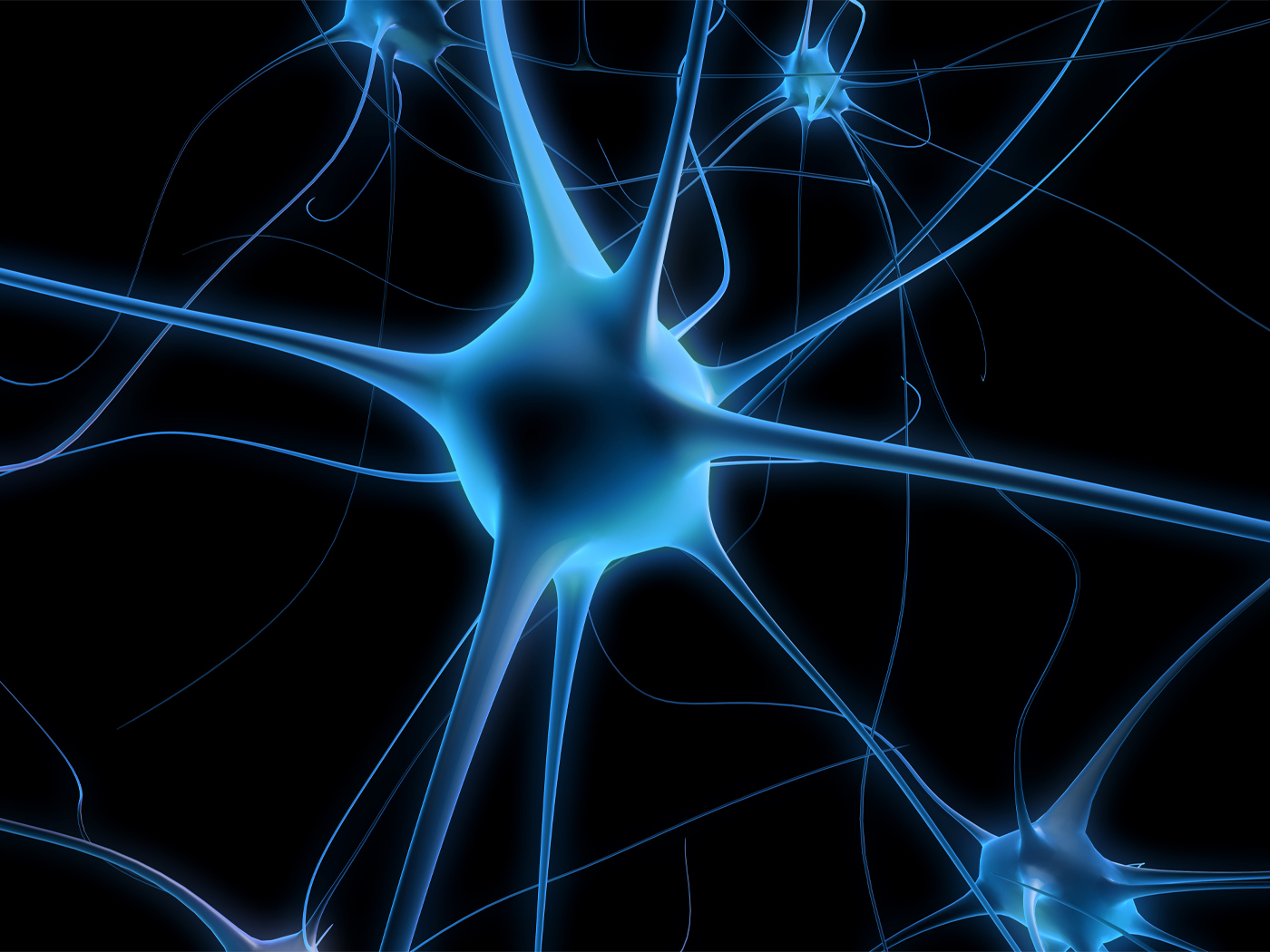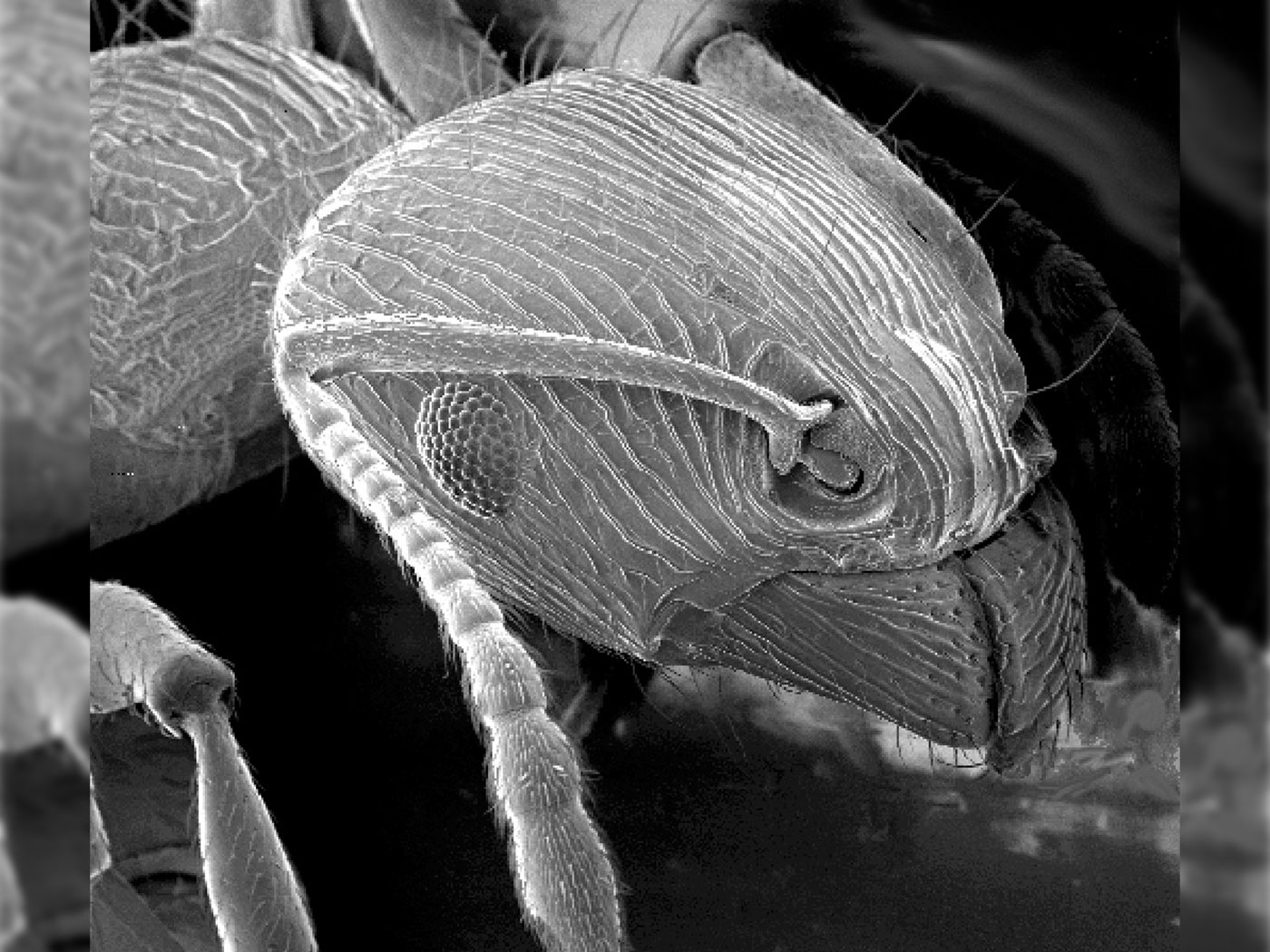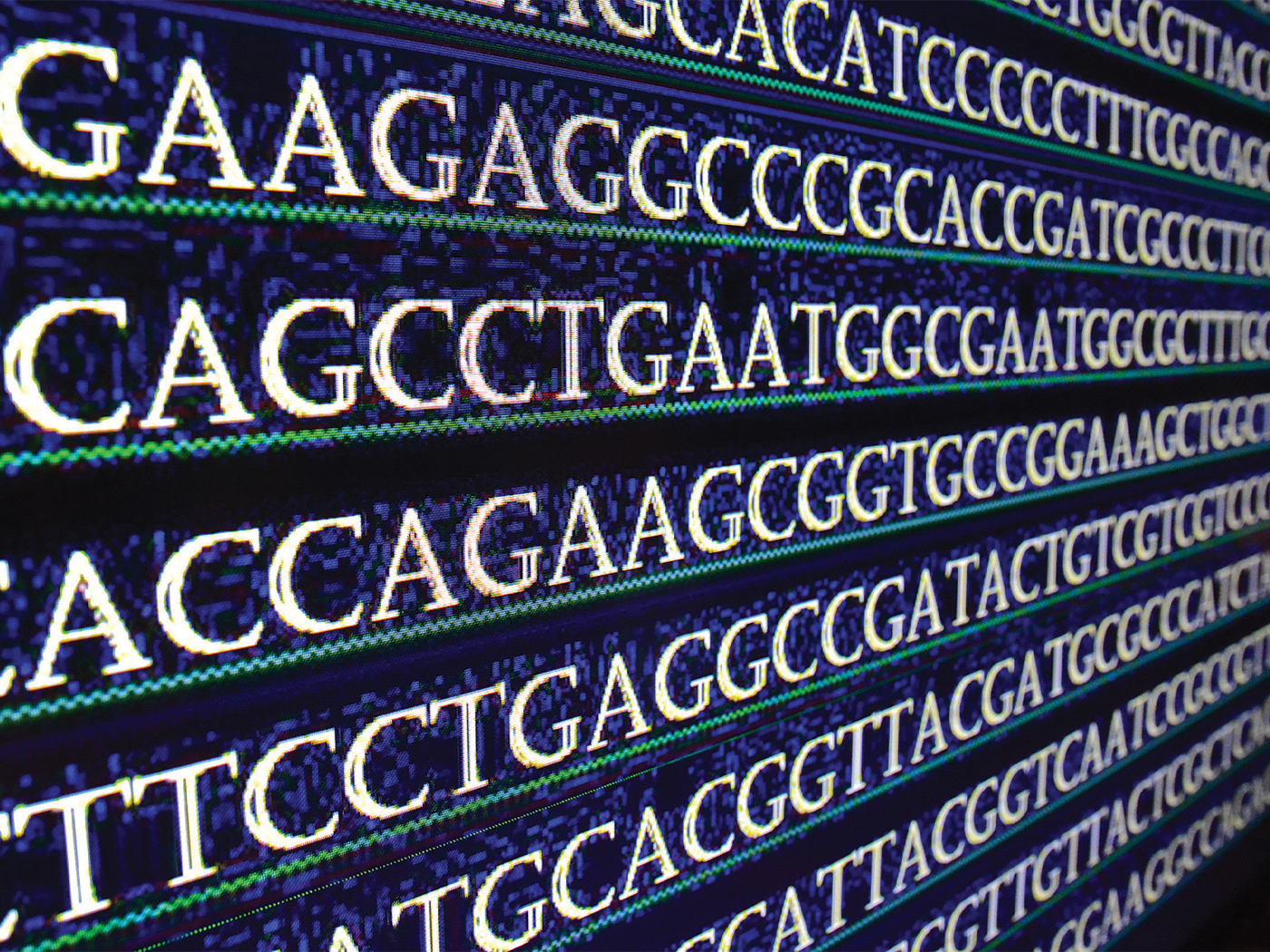Admittedly the prospect of pregnancy only applies to half of humanity, but the other half should find the process equally astounding. The real star of the show, however, is the developing baby, who was once viewed as a passive object being built by the mother's body. Nothing could be further from the truth. In terms of guiding implantation into the uterus all the way to breastfeeding, it is the baby/placenta unit that is the dynamic force in the orchestration of its own destiny.
The baby is a completely new individual, with unique genetic material that expresses foreign markers on his cells that are not recognized as "self" by the mother. The mother's immune system should destroy the new baby's first cells within just a few cell divisions, but substances secreted by the placenta and baby promote a complex suppression of the maternal immune response only within the implantation site of the uterus. The placental tissue that touches the uterus has decreased expression of markers that would provoke an immune response, and the mother's body therefore accepts it. Without this immunological acceptance, no baby would ever survive. And if the suppression of the mother's immune system were not localized, her health could be compromised. The maternal immune system helps control implantation of the embryo at just the right depth into the uterus. Without this exact balance of immune responses, the developing placenta could invade tissue all the way through the uterus and be fatal to the mother.
The mother's body is now under the control of a new person. A hormone produced by the baby's earliest cells travels in the mother's blood stream back to her ovary, causing a part of it to produce progesterone, the very important hormone that will calm uterine contractions and maintain the pregnancy. Later, the placenta will produce progesterone at even higher concentrations. Other hormones produced by the baby induce adaptations in the mother's body that are absolutely necessary for the baby's survival. These changes include a sizable expansion of the mother's blood volume, an increase in cardiac output, agents to modulate blood pressure, increases in blood flow to the kidneys, and cranking up the mother’s metabolism. The placenta also extracts nutrients from maternal circulation so efficiently that the baby's needs are met first, then the mother's.
In the last weeks of pregnancy, estrogen produced by the baby reaches its highest levels in the mother's blood. This causes abundant receptors for the hormone oxytocin to form on the uterus' muscle cells, and slowly opposes progesterone's quieting influence. At term, certain cells of the baby produce oxytocin, a powerful uterine muscle stimulant. Since the uterus is now highly sensitive to oxytocin, labor begins. As the baby descends, a pressure sensor in the birth canal sends a signal to the mother's brain and triggers her body to produce even more oxytocin--which causes stronger uterine contractions. The placenta produces the hormone relaxin, causing pelvic ligaments and the skin of the birth canal to relax, widen, and become more flexible. This increased motility allows a birth passage for the baby. And while in the womb, the baby made hormones that helped prepare the mother's breasts to produce milk. After delivery, newborn suckling induces episodic oxytocin secretion by the mother, which acts on breast ducts to cause milk let-down.
So it is the mother who is essentially passive, responding to signals emanating from the baby--even at times to her own detriment. Scientific research has shown that while the woman's reproductive organs and body are indispensable, they are not enough; it takes a baby to make a baby. The evidence is pretty compelling against speculations regarding a step-by-step evolutionary process leading to the complex systems that produce a baby. These systems were placed by the Lord Jesus in the first mother, Eve, fully functional right from the beginning.
* Dr. Guliuzza is ICR's National Representative.
Cite this article: Guliuzza, R. J. 2009. Made in His Image: Human Gestation. Acts & Facts. 38 (2): 10.





















